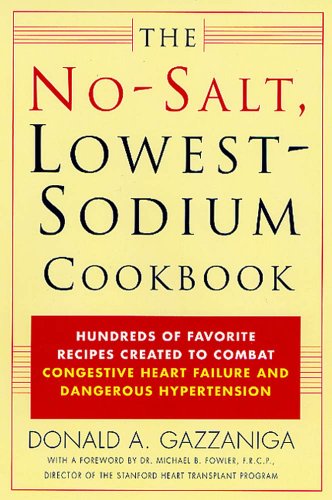Key Takeaways:
- Blood pressure is a vital indicator of cardiovascular health, influenced significantly by salt intake.
- While excessive salt can lead to hypertension, some individuals with low blood pressure might benefit from increased salt consumption.
- Natural sources of salt are preferable over processed foods high in sodium.
- Personalized recommendations based on individual health status are essential.
- Staying informed and consulting with healthcare professionals ensures optimal health decisions.

Introduction
Navigating the intricate relationship between blood pressure and salt intake is crucial for optimal health. As dietary choices play a pivotal role in cardiovascular health, understanding the impact of salt becomes paramount. This article delves into the nuances of salt consumption, its effects on blood pressure, and provides insights for informed dietary decisions.
In the vast landscape of health and nutrition, the relationship between blood pressure and salt intake stands out as a topic of significant interest. Blood pressure, a vital indicator of cardiovascular health, can be influenced by various factors, including one’s dietary choices. Among these, salt intake is a primary contributor.
Salt, a common component in our diets, has been scrutinized for its potential impact on blood pressure levels. While high blood pressure, or hypertension, is a concern for many, there’s also a segment of the population that experiences low blood pressure or prehypertension. For these individuals, the question arises: Could increasing salt intake be beneficial?
A study in the “Journal of Autonomic Neuroscience: Basic and Clinical” explored this very question, focusing on individuals with orthostatic disorders. These disorders, characterized by symptoms like dizziness upon standing, can sometimes be alleviated by increased salt consumption.
The research suggests that while excessive salt intake can be harmful, there’s a balance to be struck. For some, especially those with specific health conditions, a moderate increase in salt might be advantageous.
However, it’s essential to note that not all salt is created equal. Processed foods, often high in sodium, might not be the best source. Instead, opting for natural sources of salt and monitoring one’s overall diet is crucial. The American Society of Hypertension provides guidelines on salt intake, emphasizing the importance of individualized recommendations based on one’s health status.
In essence, understanding your blood pressure and how it interacts with your salt intake is vital. While general guidelines exist, personalizing your approach, staying informed, and consulting with healthcare professionals will ensure you make the best choices for your well-being.
What to do next?
Want to optimize your health? Stay informed about your blood pressure levels, understand your salt intake, and check the resources that tailor your dietary choices. Take charge of your health today!
Conclusion:
Understanding the balance between blood pressure and salt intake is essential for maintaining good health. While general guidelines provide a foundation, individualized approaches, backed by research and medical advice, are the key to making informed and beneficial dietary choices.
FAQ:
- Why is salt intake important for blood pressure?
- Salt can influence blood volume and pressure, making it a significant factor in cardiovascular health.
- Is all salt consumption bad?
- No, while excessive salt can be harmful, some individuals, especially those with specific health conditions, might benefit from moderate salt intake.
- What are natural sources of salt?
- Natural sources include sea salt, rock salt, and salt found in natural foods like celery and beets.
- How can I monitor my salt intake?
- Reading food labels, reducing processed food consumption, and consulting with a nutritionist can help monitor and regulate salt intake.
- Should everyone increase their salt intake?
- No, salt intake should be based on individual health status, needs, and medical advice.





Leave a Reply